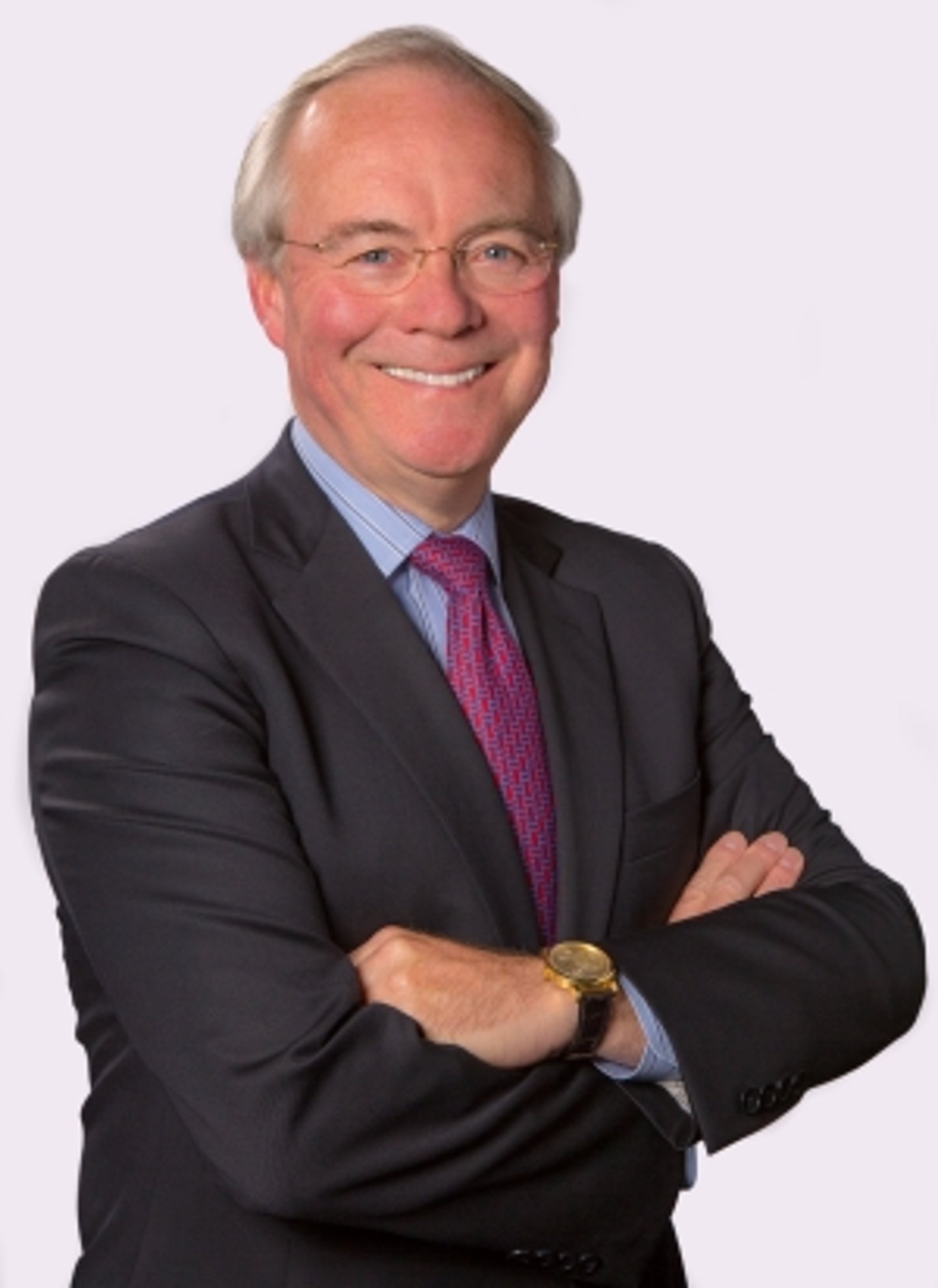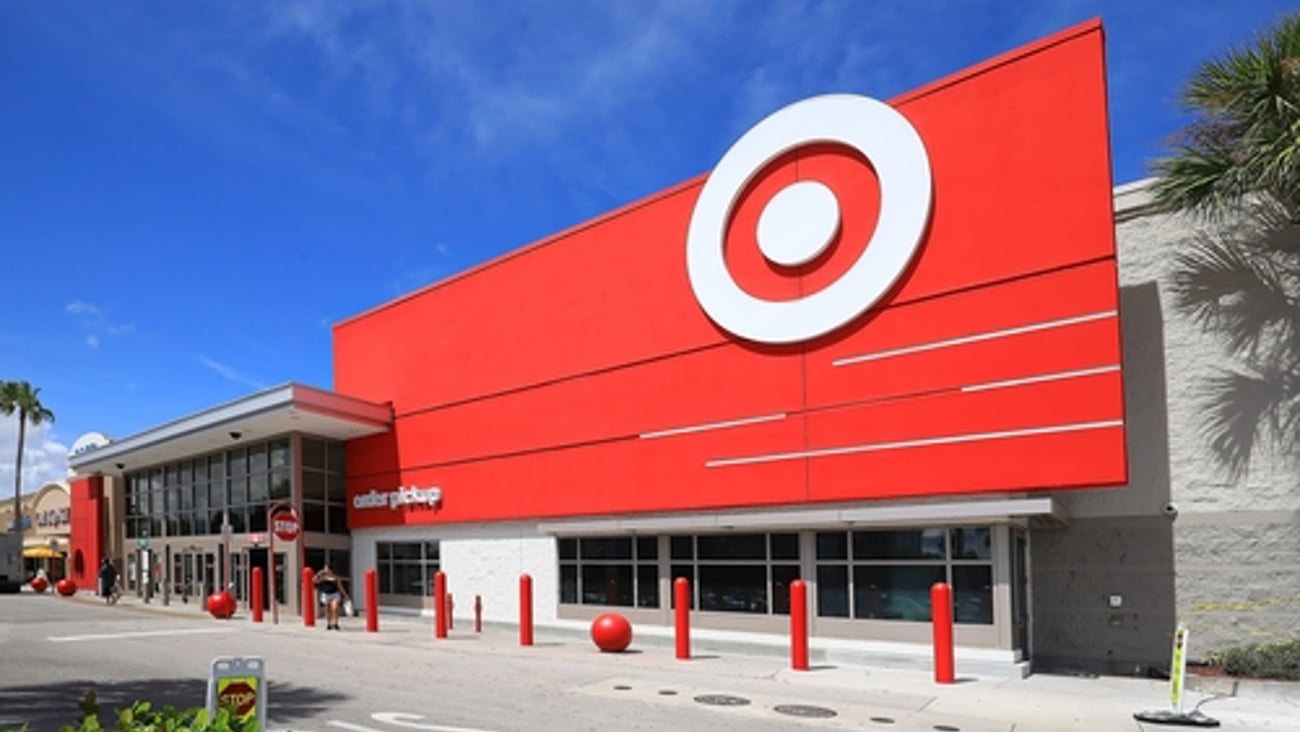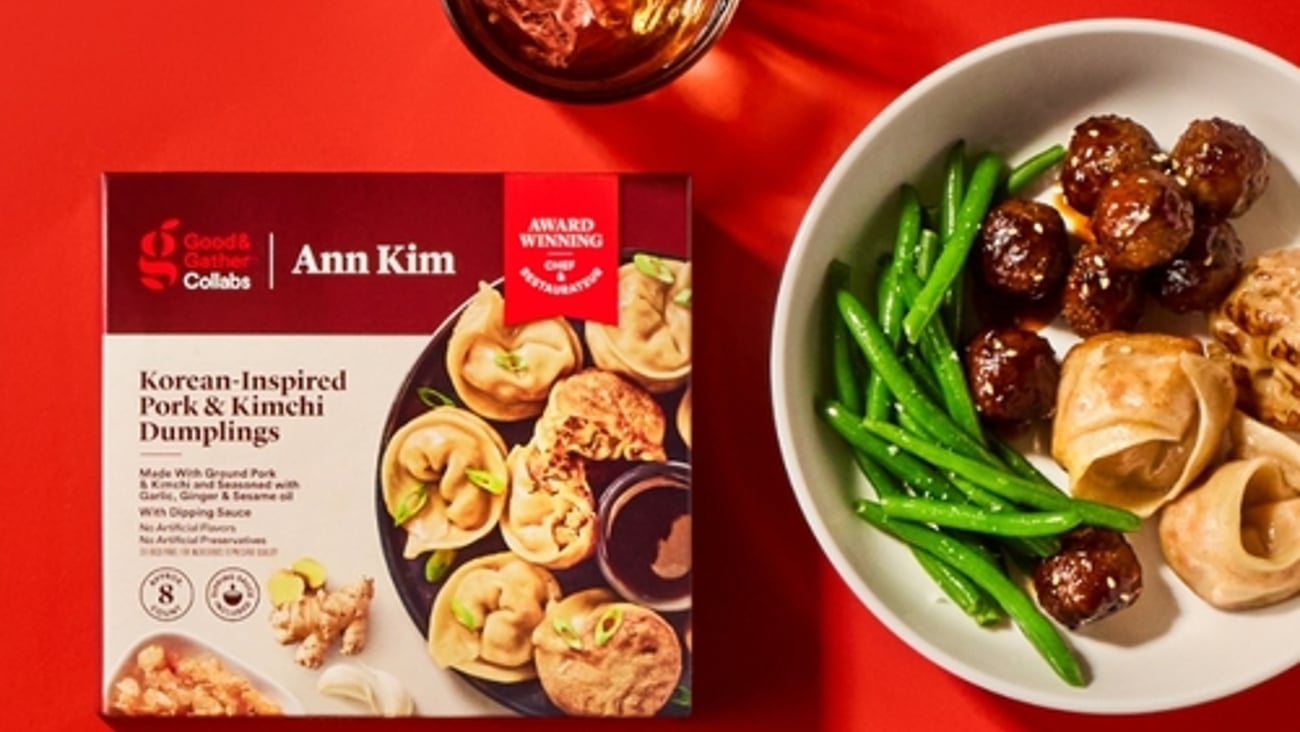Private Label Growth Gives Retailers More Options
The private label sector was not void of major news throughout 2024. Retailers of all shapes and sizes expanded their respective private label assortments and the consumer perception of store brand products continued improving.
As the year drew to a close, there was a significant piece of news from Kroger that may have gotten lost in the undertow following the Kroger/Albertsons proposed merger being rejected by a federal court judge.
In early December, Kroger Chairman and CEO Rodney McMullen was discussing the success of Kroger’s Our Brands in the grocer’s fiscal year third quarter. Reporting that its private label products outpaced national brands was significant, but that wasn’t the most noteworthy piece of information he shared.
During Kroger’s investor conference call to discuss third quarter results, McMullen was asked about the current level of aggressiveness from CPGs related to trade dollars and what impact that would have on future private label growth at the grocer.
McMullen’s response was, well, interesting.
“The profitability of Our Brands is several hundred basis points higher than national brands,” he said. “And if the CPGs are willing to continue to give up share to Our Brands, we're OK with that because what we find is once a customer tries Our Brands, the repeat rate of customers coming back is incredibly high because what they find is there's no compromise on quality, and they have great value for the money.”
While McMullen didn’t expand on his comment, it does send a clear message to suppliers of national brands and shows the additional opportunity for private label growth.
If certain conditions aren’t met by national brands, Kroger can fill its shelves with its own brand products that shoppers like, offer lower prices/better value, offer greater margins, and can’t be found at the competition up the street. That’s a quartet difficult to compete with.
As a journalist, my level of skepticism is higher than most. Could McMullen simply be sending a message to national brands to get them to meet demands Kroger may be making behind the scenes to lower prices while also driving profitability?
Perhaps.
But given the growth and success of Kroger’s Our Brands assortment, which accounts for more than $30 billion in annual sales, it’s certainly not an empty threat.
Private brand growth continues to be a hot topic across retail and one that is discussed with greater frequency by CEOs of the biggest retailers in the U.S. And when the chief executive of Kroger says he’s comfortable replacing national brands with his own brand products, that’s yet another sign that the competitive playing field between national brands and store brands is becoming more level.







